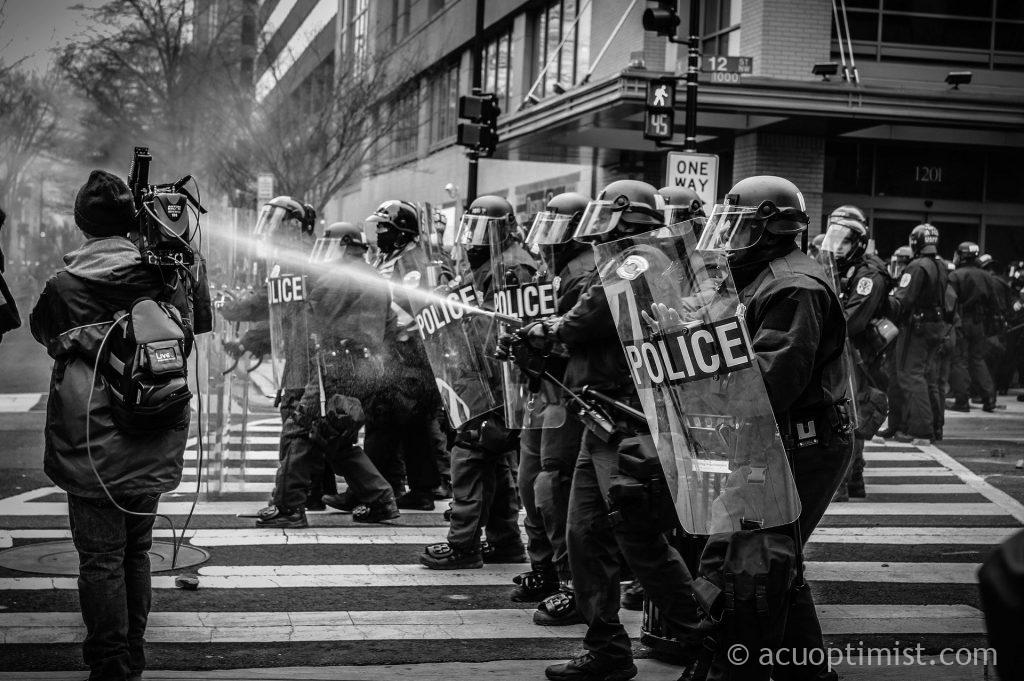I was raised by a racist. I grew up in rural west Texas, raised by two loving Christians who did their best to raise me with the same ideals they had. As a teenager, I got lectures from my step-dad on religion and politics pretty regularly, and I always assumed he could never steer me wrong. He worked hard and spent his vacations doing Habitat for Humanity. He made sure all of his kids were in church every time the doors were open.
If he taught me that Jesus was my Lord and Savior and the value of hard work, how could he be wrong when he told me modern racism doesn’t exist and that the term police brutality was “an excuse to cover up how most black people are criminals?” How could he be wrong when he used racial slurs or told me not to hang out with the kids living down the street because “their parents probably sold drugs?”
It wasn’t until he died when I was 16 that I took the time to separate my opinions from my parents. I realized most of the things my dad taught me were racist and misguided. No matter how good of a person he was, he still clung to the discriminatory beliefs that he no doubt learned from his parents. I needed to relearn how to think. For years I had to consciously make the decision to fight against that voice in my head making the jokes he made or using the terms he used.
As I started preparing for college and a career in political journalism, I read books by April Ryan to learn about how it was to be a woman of color in the White House. I studied the Trayvon Martin case, as well as others that disproved his theories on police brutality. I realized that all the comments and slurs that my dad used were further oppressing the people that I called my friends.
The more I studied and the more people I met the more I realized that I had to be different. The thing is, most people in my class were raised just like I was. Our small town of less than five thousand people didn’t have much cultural diversity, and most of us never grew up to think that the lessons our fathers taught us could ever be wrong. But now we know. Now we are college kids, twenty-somethings who are forming our own opinions, learning to expand and be better.
After the recent police brutality related deaths including George Floyd’s murder, I think it is more important than ever that we fact-check, vet our thoughts and recognize our privilege.
Having hard discussions with our friends when they use derogatory terms or make racist jokes is an important step in becoming the generation that ends systematic racism. When we see injustices occurring, whether in person or on video, we should speak up on social media and to our government officials and work to make it right. If we work together, we will be the generation to end this.

